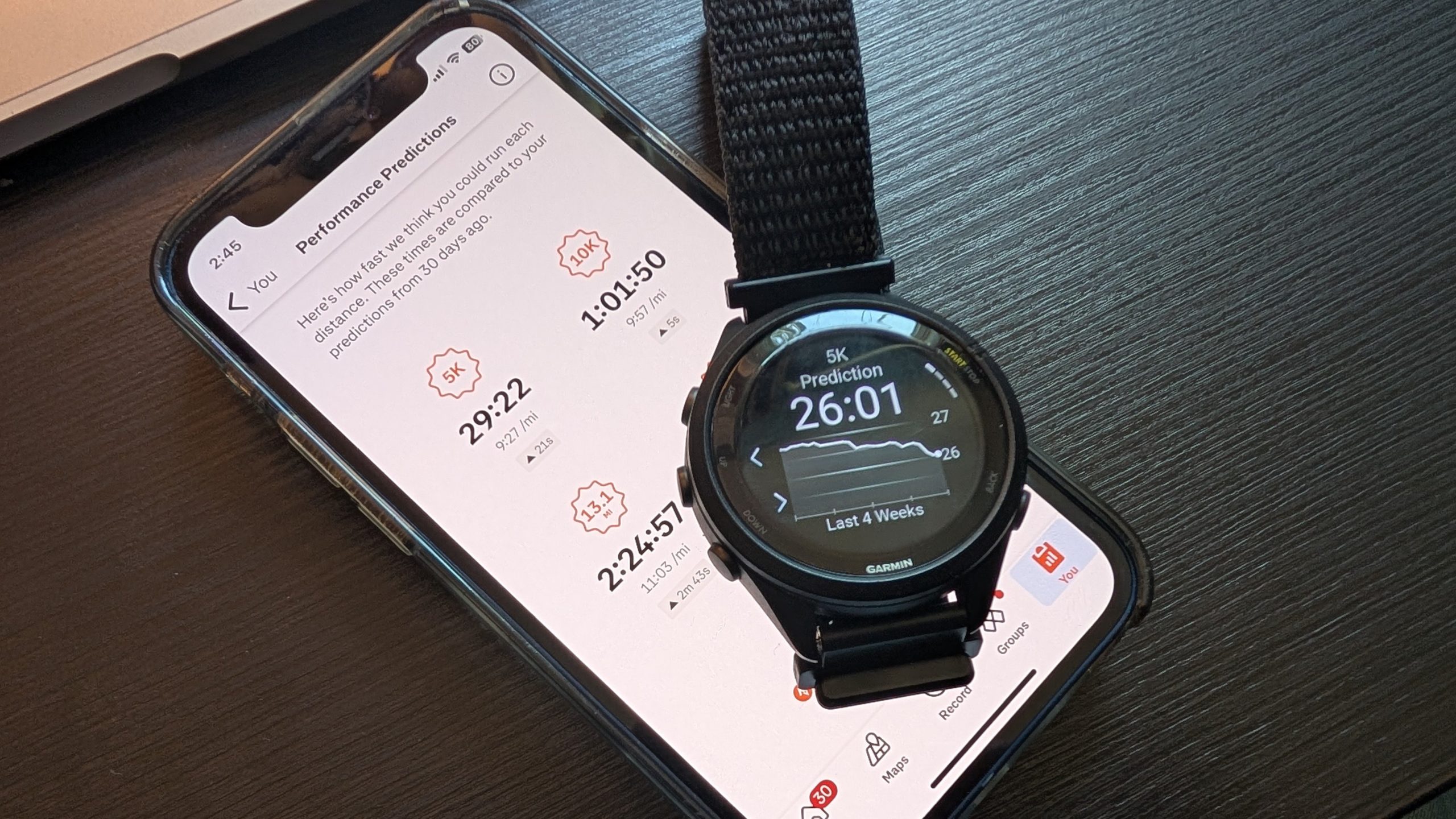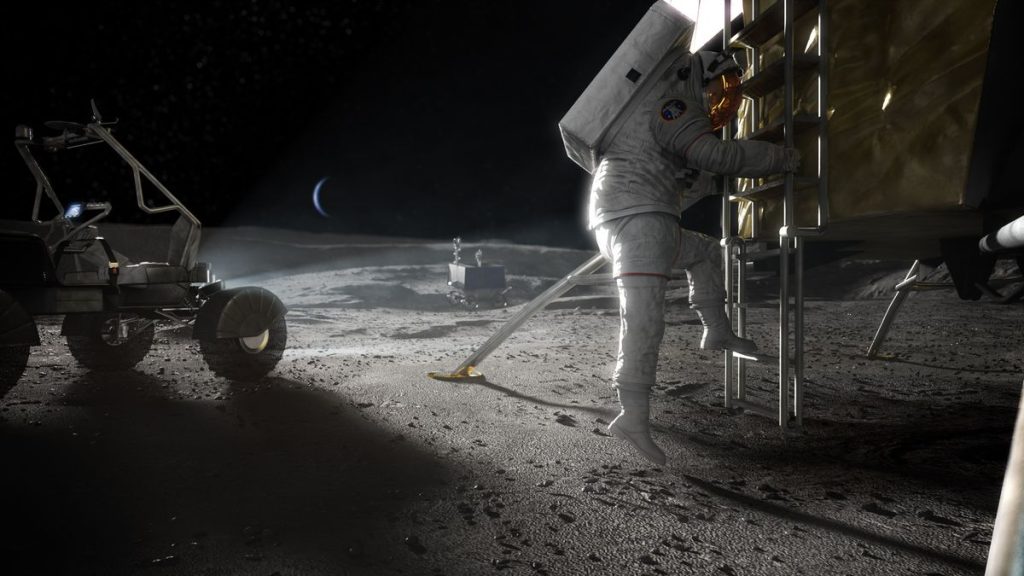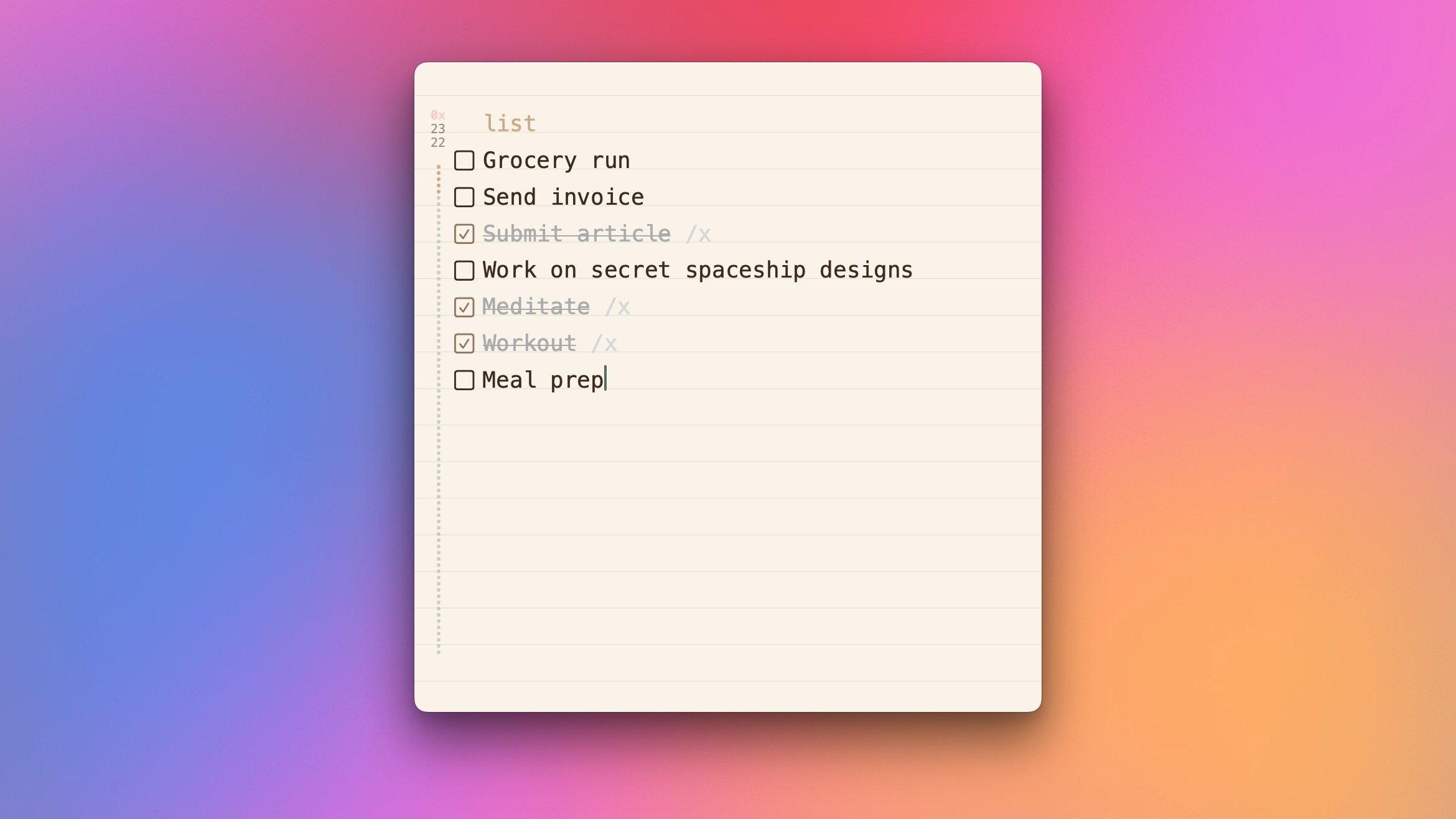Strava, the superstar running/cycling app, now has a subscriber-only AI feature that will predict how fast it thinks you could run a 5K, 10K, half-marathon, and marathon. The predictions use a different method from those you might see from other sources, though.
For me, Strava’s predictions look less accurate than the ones I get from Garmin and Runna, but the feature is too new to say for sure how accurate they will be for everybody else.
How to view your race predictions in Strava
Race predictions are only available to Strava premium members. That membership runs $11.99/month or $79.99/year and also gets you mapping tools and extra analytics, like goals and fitness scores.
If you’re a premium member, you can find your predictions in the mobile app by going to the You tab (bottom right when you’re looking at the home screen), then tapping Progress at the top of the screen. Right underneath your weekly mileage, you’ll see your race time predictions. The feature is currently only available on mobile, not in the web app.
To have enough data for a prediction, you need to have logged at least 20 run activities in the last 24 weeks, Strava says. The predictions will update after each run, and after three days without running. In addition to telling you how fast it thinks you can run right now, Strava’s AI will also tell you how this compares to your predicted time from 30 days ago. The predictions assume that your race would be on flat ground in good weather.
How Strava’s predictions compare to other apps and formulas
You may have seen race predictions before—for example, on your Garmin watch or on websites like vdoto2.com. Those usually use a mathematical formula, while Strava’s new predictions are powered by “Athlete Intelligence,” which the company describes as a machine learning (ML) model.
Here’s what Strava says about the feature:
“Strava’s Performance Prediction feature is powered by an ML model that leverages over 100 athlete data attributes, including all-time run history and top performances. Unlike other race predictors that rely on theoretical inputs like estimated VO2 max, Strava only uses real activity data to predict race results. The system also leverages the performances of athletes with similar training histories, so estimated times are realistic and based on what has been achieved by other users with similar capabilities.”
In other words, the app is doing some AI magic: looking at everybody else’s training and race times, considering yours, and guessing how you might measure up to the aggregate. I asked whether Strava had done any testing to see how well the data compares to real-life race results, but so far have not received an answer. (I’ll update if I hear back.)
Certainly the predicted results I’m getting are pretty different from what I’m seeing elsewhere. I’ve been logging all my runs with Garmin and Strava for several months now, and here’s how their race time predictions compare:
Judging from forums like the r/Strava subreddit, the jury is still out on accuracy. Here’s somebody who ran a 10K in 56:34, but the app predicts 57:58—a number they just beat by almost a minute and a half. On the other hand, several runners in this thread say that their Strava predictions seem pretty accurate. Only running a race will tell you for sure.

Beth Skwarecki
Senior Health Editor
Beth Skwarecki is Lifehacker’s Senior Health Editor. She has a bachelor’s degree in biology, has written two books, and is a certified personal trainer. She’s been writing about health, fitness, and science for over a decade, and can front squat 225 pounds.



























